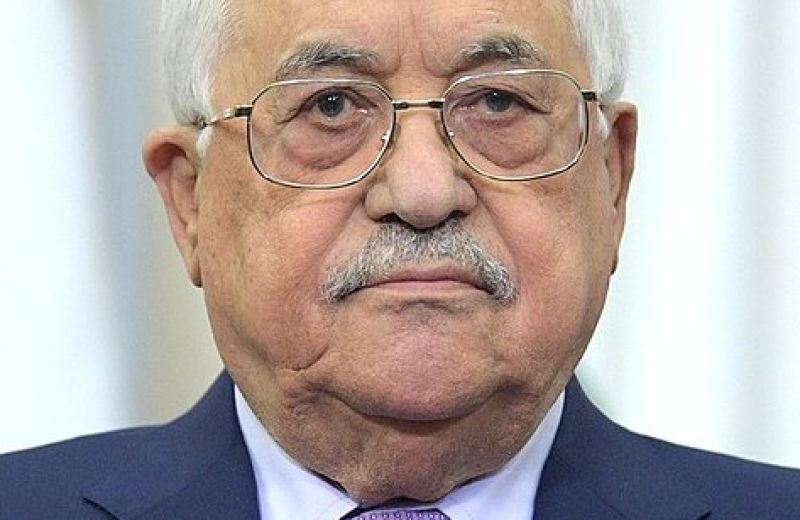 Op-eds
/ The Israeli-Palestinian Peace Process
Op-eds
/ The Israeli-Palestinian Peace Process
The developments during the early months of 2017 show that the Palestinian Authority (PA) continues to prefer to express its opposition to Israeli policy through diplomatic means, including attempts to promote stronger international pressure on Israel. This is in line with the policy led by Mahmoud Abbas since the very beginning of his tenure. He recently elucidated the importance of this policy in a special speech he delivered to mark the fifty-second anniversary of the Fatah movement.
Mahmoud Abbas espouses the diplomatic struggle and the recruiting of international support for the establishment of a Palestinian state on the basis of the 1967 borders. His consistent stance is that institutionalized violent struggle harms Palestinian interests. United Nations (UN) Security Council Resolution 2334, which was adopted at the end of 2016 and states that the settlements are illegal, encourages the PA to continue this policy and continue to view the diplomatic path as the central element of its comprehensive strategy.
However, this strategy now faces a number of challenges following the rise of the Trump administration and the new winds blowing in the White House, as well as several regional changes: the growing Russian involvement in the Middle East, and Russia’s signals to the PA and Islamic factions that it is ready to take a more active role in the intra-Palestinian arena. This article describes and analyzes these challenges, and points to the possible courses of action open to the PA.


